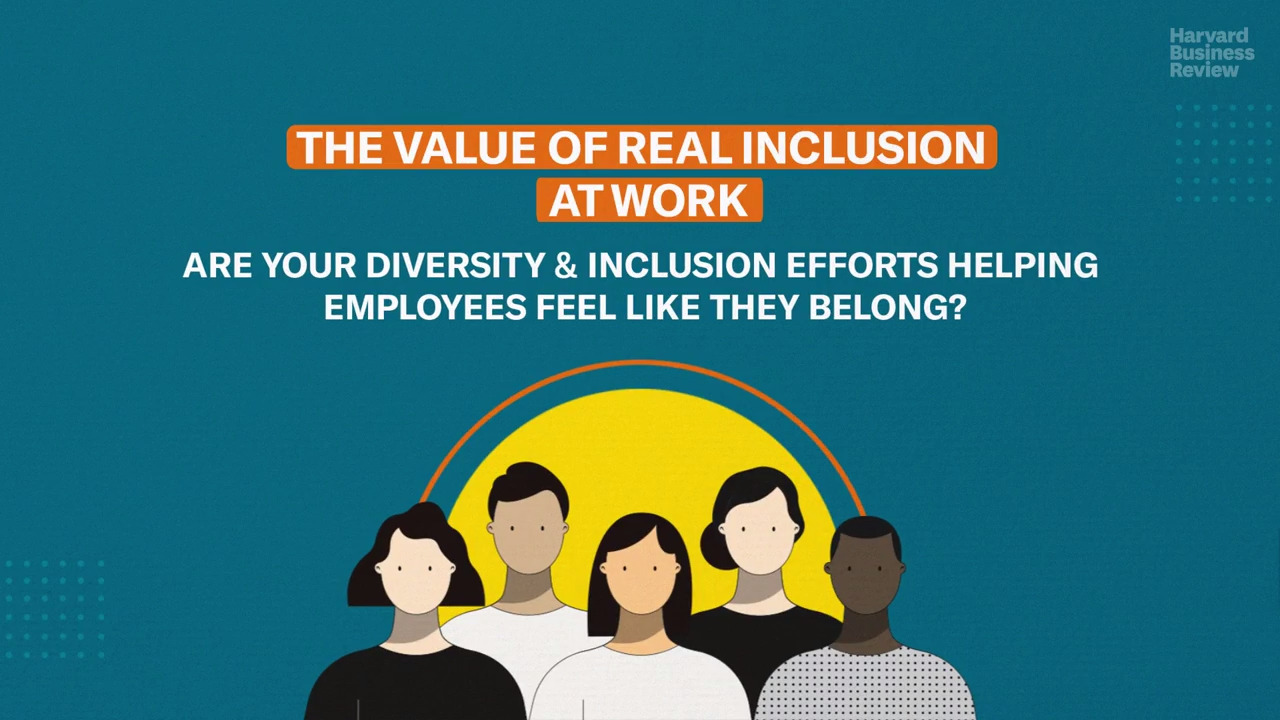The Benefits of Diversity and Inclusion
Diversity and inclusion are crucial aspects of any successful organization. In today’s globalized world, businesses that embrace diversity and foster an inclusive environment tend to thrive. In this article, we will explore the numerous benefits of diversity and inclusion and how they can contribute to the overall success of your organization.
Enhanced Creativity and Innovation
One of the primary advantages of diversity and inclusion is the promotion of enhanced creativity and innovation within the workplace. When individuals from different backgrounds, cultures, and experiences come together, a rich tapestry of ideas emerges. This diverse pool of perspectives can lead to more innovative solutions, as different viewpoints challenge the status quo and encourage out-of-the-box thinking.
Improved Problem-Solving
Diverse teams are often better equipped to tackle complex problems. With a range of perspectives and approaches, diverse teams can analyze issues from multiple angles, leading to more comprehensive problem-solving. Different backgrounds and experiences bring unique insights, enabling teams to consider a broader range of solutions and make better-informed decisions.
Increased Employee Engagement and Productivity
When employees feel valued and included, their level of engagement and productivity naturally increases. Inclusive organizations foster a sense of belonging, where individuals can bring their authentic selves to work. This sense of belonging leads to higher job satisfaction, increased motivation, and a willingness to go the extra mile. Employees who feel valued for their unique contributions are more likely to be committed to their work and the organization as a whole.
Expanded Talent Pool
By prioritizing diversity and inclusion, organizations open themselves up to a wider talent pool. When recruiting, companies that embrace diversity are more likely to attract a diverse range of candidates. This broader talent pool brings a wealth of skills, experiences, and perspectives that can enrich the organization. By tapping into a diverse talent pool, companies can gain a competitive edge and access a wider range of expertise.
Improved Decision Making
Diverse teams tend to make better decisions. When individuals with different backgrounds and perspectives collaborate, they bring a variety of insights to the table. This diversity of thought helps to minimize bias and groupthink, leading to more robust decision-making processes. By considering a multitude of perspectives, organizations can make more informed and balanced choices.
Enhanced Customer Understanding
A diverse and inclusive workforce can better understand and cater to a diverse customer base. By having employees who reflect the diversity of their customers, organizations can gain valuable insights into different cultural nuances, preferences, and needs. This understanding allows companies to develop products and services that resonate with a broader range of customers, leading to increased customer satisfaction and loyalty.
Greater Innovation and Market Opportunities
Organizations that prioritize diversity and inclusion are more likely to tap into new market opportunities and drive innovation. By embracing diversity, companies can better understand and cater to a diverse customer base, identifying unmet needs and developing innovative solutions. Additionally, diverse teams can bring fresh perspectives to the table, identifying new trends and market gaps that others may overlook. This ability to adapt and innovate gives diverse organizations a competitive advantage in today’s rapidly changing business landscape.

Diversity and inclusion are not just buzzwords; they are critical elements for success in the modern business world. By embracing diversity and fostering an inclusive environment, organizations can unlock a multitude of benefits, including enhanced creativity, improved problem-solving, increased employee engagement, access to a wider talent pool, improved decision-making, enhanced customer understanding, and greater innovation. Embracing diversity and inclusion is not only the right thing to do; it is also a strategic business imperative that can lead to long-term success and growth.
Frequently Asked Questions
1. Why is diversity important in the workplace?
Diversity in the workplace brings a variety of perspectives, experiences, and skills which can lead to increased innovation, creativity, and problem-solving capabilities.
2. How does diversity contribute to better decision-making?
Diverse teams bring different viewpoints and insights, leading to more comprehensive discussions and better decision-making processes that consider a wider range of perspectives.
3. What are the benefits of diversity and inclusion in recruitment?
Diversity and inclusion in recruitment help attract a wider pool of talented candidates, fostering a more inclusive and innovative work environment while reducing unconscious biases.
4. How do diversity and inclusion impact employee engagement?
When employees feel valued and included, they are more likely to be engaged, motivated, and committed to their work, leading to increased productivity and better overall performance.
5. What role does diversity play in customer satisfaction?
A diverse workforce can better understand and cater to the needs of a diverse customer base, resulting in improved customer satisfaction, loyalty, and a stronger brand reputation.
6. How does diversity promote creativity and innovation?
Diversity encourages the exchange of different perspectives, ideas, and experiences, fostering a creative and innovative environment where new solutions and approaches can emerge.
7. What are the benefits of diversity and inclusion in leadership positions?
Diversity in leadership brings diverse leadership styles, experiences, and decision-making approaches, leading to more effective and inclusive leadership that reflects the needs and aspirations of a diverse workforce.
8. How do diversity and inclusion contribute to a positive company culture?
Embracing diversity and inclusion creates a positive company culture that values and respects individuals, promotes collaboration, and encourages open communication, resulting in higher employee morale and satisfaction.
9. What are the advantages of diversity and inclusion in problem-solving?
Diverse teams approach problem-solving from different angles, leveraging their unique perspectives and knowledge, which often results in more innovative and effective solutions.
10. How does diversity and inclusion impact organizational performance?
Organizations that prioritize diversity and inclusion tend to have higher levels of employee engagement, innovation, and productivity, leading to improved overall organizational performance and competitiveness.




